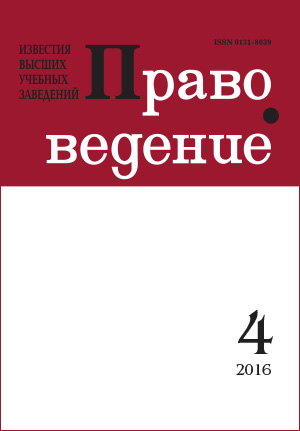The notion of efficacity
Abstract
Legal philosophers have serious difficulties giving a satisfactory definition of the concept of efficacity. One of the sources of these difficulties lies in the conception that all legal norms are prescriptions which only can be obeyed or disobeyed (Kelsen, Alf Ross). But legal norms have different functions and cannot be reduced to one single type. It must also be distinguished between the obedience and the use of the norms: only norms which are prescriptions (i. e., which establish obligations and prohibitions) can be obeyed; other norms, such as those that confer powers or define legal institutions cannot be obeyed nor disobeyed. But both types of norms can be used for different purposes, for instance, to justify an action or a decision. The use of the norms by the courts has a particular relevance for the problem of efficacity. A clear distinction between the psychological motivation of the judge and the logical justification of his decision, together with the interpretation of efficacity as a dispositional property, allows the derivation of the following definition: a legal norm is efficacious if and only if it has the disposition to be applied by the courts, i.e. by used by the judges to justify their sentences.
Keywords:
efficacy, legal theory, legal philosophy, Alf Ross, Hans Kelsen, justify, law, norm, decision
Downloads
References
Downloads
Published
How to Cite
Issue
Section
License
Articles of "Pravovedenie" are open access distributed under the terms of the License Agreement with Saint Petersburg State University, which permits to the authors unrestricted distribution and self-archiving free of charge.




